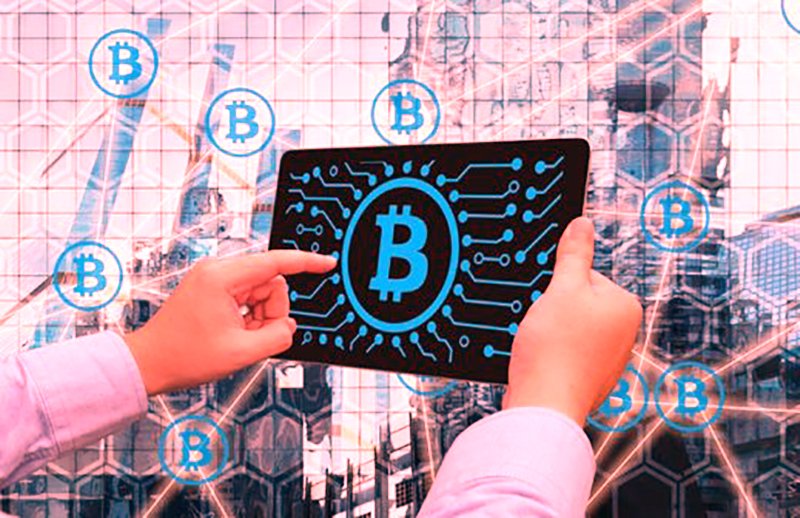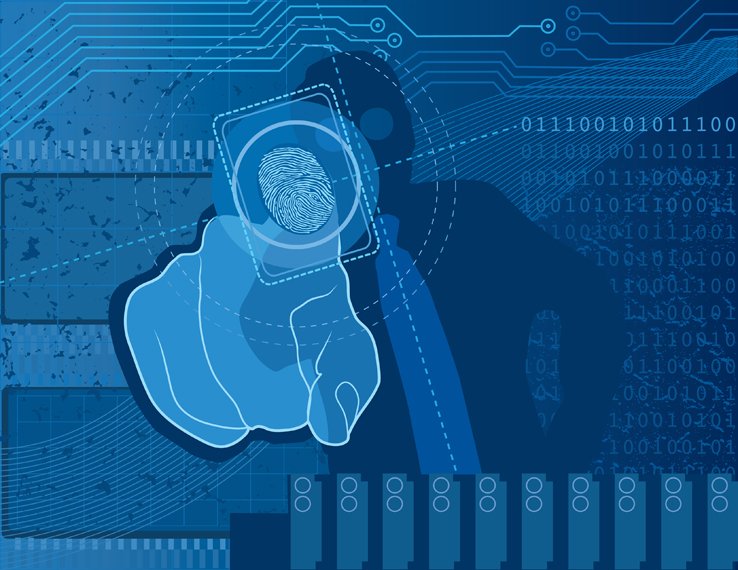
Blockchain could bring about big change in the world around us. That could happen as soon as this very year, at least, so argues Nesta. Nesta is an innovation foundation from the UK, that researches and fosters new ideas to tackle the big challenges of our time. The foundation also organizes the annual festival Futurefest, that debates and presents to the public, over the course of a vibrant weekend, all kinds of futuristic trends happening now that have the potential to shape the future. Blockchain is thus an area that Nesta believes in, as a powerful technology that will bring profound transformation in the near future. One particular aspect that blockchain might impact tremendously, is personal data.
In Nesta’s report, Blockchain power a personal data revolution, the agency reports that the development of the internet, has been a very powerful and empowering time. People are better able to connect to each other than ever before. They can more easily access services and products from anywhere. Massive benefits have been brought about, and people’s lives have been made easier through concepts like online shopping. However, some companies have benefitted tremendously from the internet, and hold a lot of power. Think: Google, Facebook and Amazon, among these extremely powerful giants.
Various concerns have arisen as a result of this. These so-called middlemen have facilitated excellent new technologies, but have placed themselves central to the transaction, and smaller players find it nearly impossible to compete. Security concerns arise, since if one of these big companies was hacked, data could be at risk.
Blockchain may hold the solution to some of these problems, as it provides the ability for people to transact with each other with no need for a bank or other third party. This is achieved through blockchain’s distributed ledger. This provides the potential to users to control access to their records and to know who else has accessed them. But blockchain might bring us as well new problems. The following video, done by Deloitte Deutschland, outlines some of those challenges… and opportunities:
Blockchain is no doubt about to start changing our lives.According to Samir Goel, writing for Influencive, and various others, some of the ways that Blockchain technology will transform the world are as follows:
Banking and Payments – this is the most obvious sector for transformation that springs to mind when considering blockchain. Blockchain has the potential to considerably improve this industry by its provision of a distributed ledger. This is important because it means that data cannot be corrupted or altered in one place alone. This reduces the chance of fraud or cyber-attacks. Information is held on many ledgers, lowering the possibility of identity fraud and data manipulation, among others, and this also helps better verify transactions.
Financial Inclusion – Blockchain holds promising potential for the area of financial inclusion. Financial inclusion is a very important subject, being debated on global policymakers’ agendas, as governments all over the world recognise how financial exclusion increases inequality and leads to slower growth and development. Research has demonstrated that by developing and promoting proper financial inclusion, countries are able to improve domestic savings. Over the past few years we have witnessed the emergence of various interesting pioneering projects, such as BanQu and Humaniq, who are developing innovative applications, that use blockchain technology, aiming to include 2.5 billion unbanked or underbanked people living all over the world.
Foreign Aid and Humanitarian Relief – many are cynical about the benefits brought through foreign aid and humanitarian relief. Often there are worries that funding does not necessarily get to the people it was intended for. Concern arises about how the funds may instead support a corrupt or oppressive regime, or may be misspent. The United Nations World Food Program has been reviewing ways in which this risk could be reduced through blockchain. This could make such programmes much more measurable and accountable, either in terms of money, food or medical supplies.
Data Security – people are worried about data security. There are regularly media reports about how privacy is being reduced and how we are continually being monitored on the internet or via our phones. This information that is collected is then used to project our future activities. However, blockchain can keep data much more secure, and Public Key Infrastructure in particular can reduce the amount of data that a person reveals. In general, it is also thought that this sector will benefit as it will be harder for hackers to attack and bring down critical services.
Voting and Elections – many people have experienced the issue of waiting in queues on election day to cast a vote. This is another area in which blockchain can add considerable value. Blockchain offers the potential for providing the capability for voters to vote either from home or for another commercial location, and it could do this due to its abilities in personal identification. It could also be used for counting the votes. Voter fraud would be likely to be significantly reduced by such means, and there would be no capability for systemic breaches of the data.
Energy and Power Grids – in this sector local energy grids could be made more possible at a much greater scale. This could be brought about by the use of smart contracts enabled by blockchain technology, and transactions also being recorded and updated using such a system. It is argued that this would reduce many of the logistical challenges related to local energy grids. There have been some small pilot programmes of this nature already, though it is yet to be seen the direction that this will take.
Health – in this sector blockchain technology could transform health care, by increasing the security, privacy, and interoperability of health data. This technology could provide a new model for health information exchanges (HIE) by making electronic medical records more efficient, disintermediated, and secure.
Ultimately, it will be up to the imagination, and ethics of people, the ways in which blockchain will impact our world for good, as its applications are immense.

Maria Fonseca is the Editor and Infographic Artist for IntelligentHQ. She is also a thought leader writing about social innovation, sharing economy, social business, and the commons. Aside her work for IntelligentHQ, Maria Fonseca is a visual artist and filmmaker that has exhibited widely in international events such as Manifesta 5, Sao Paulo Biennial, Photo Espana, Moderna Museet in Stockholm, Joshibi University and many others. She concluded her PhD on essayistic filmmaking , taken at University of Westminster in London and is preparing her post doc that will explore the links between creativity and the sharing economy.


























